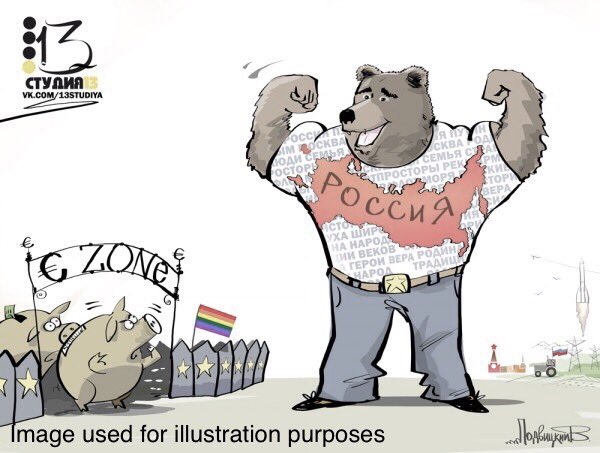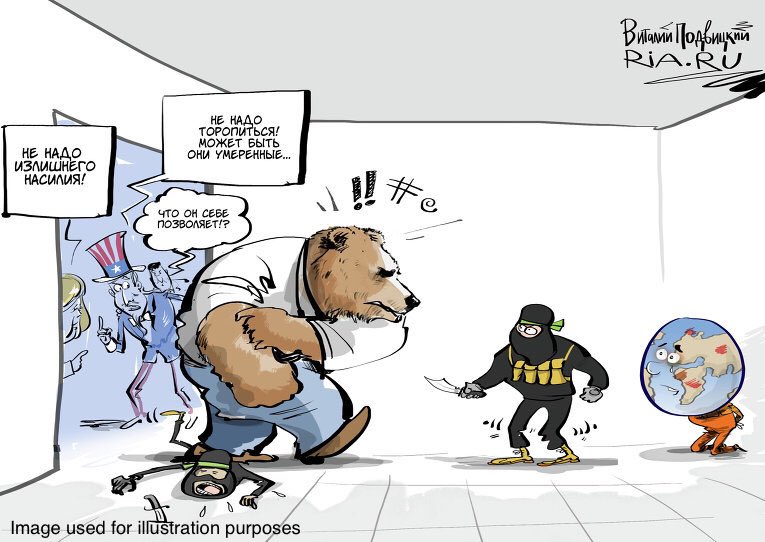Here’s my latest piece on Russia over at the Daily Telegraph:
Back in 1902, future mass murderer Vladimir Ilyich Lenin published his pamphlet “What Is To Be Done?” (Что делать?) about the selfish reluctance of the working classes to rise up against capitalism. Now 114 years later, some Western governments ponder what needs to be done about Russia itself.
Not, mind you, the British government: run a search for policies on “Russia” on the gov.uk website and you get the following robust response:
This result of searching the UK government’s full website is really remarkable. Even if we have a big fat 0 policies on Russia (something I don’t altogether believe, although of course one never knows) , maybe it’s better to SAY that we have some, but that they’re secret? This makes our country look ridiculous.
Wait…
Maybe we are ridiculous?
Continuing:
Not so long ago, it was all very different. In the early years after the Cold War ended and Russia claimed its independence, London and Moscow made a genuine effort both to cooperate across the board and to bring a new tone to that cooperation. I helped draft the new treaty signed in 1992 by Prime Minister John Major and Russia’s President Yeltsin proclaiming bilateral peace and friendship:
The Parties shall develop their relations in good faith. They declare their commitment to the peaceful resolution of disputes, to an open society, to democratic principles and respect for human rights and the rule of law…
Russian and Western diplomats sat together around the world, closely coordinating positions on the Balkan imbroglio and other policy hotspots. Everyone listened to everyone else and tried to hammer out good joint positions. Things were, for most practical purposes, normal…
I’ve never written here on this site anything about my mighty role in helping draft the 1992 Treaty on the Principles of Relations between the UK and Russia. Here it is.
This interesting document was intended to set down in a powerful but yet rather prosaic way a new historic base for the UK and Russia cooperating now that the Cold War and decades of Soviet communism had ended. The problem in Whitehall and maybe in Moscow too was that officialdom (perhaps wisely as things turned out) wanted to promise lots on general but nothing much in particular, especially if anything might involve spending actual money.
This is why it was hard to get anything specific or directly operationally significant in the text. It boiled down to the two sides solemnly agreeing to respect all the international rules they had already separately agreed to respect.
The list of things mentioned in the treaty looks all obvious and old-fashioned now. But then it still seemed almost revolutionary that Russia was reaffirming its shiny new commitments to market economics and human rights and private investment and all sorts of confidence-building arms control moves in Europe.
All in all, it was a sign of things having changed beyond all recognition in the previous few years. The Treaty signing served as a grandly symbolic centre-piece for President Yeltsin’s visit to London that year. And how we miss those commitments now.
Experts, insiders and historians can argue for years to come about why it changed and where exactly it all went so wrong. NATO’s intervention in Serbia and Kosovo is one good place to start. Suffice for now to say that it’s all a complete mess in policy terms.
No less impressive than the eerie sense of collective Western befuddlement at the firework display of Russian diplomatic and military moves in so many different places is the jeering, confidently contemptuous tone of Russian officials, from the very top downwards.
The Russian Embassy Twitter feed in London is a marvel of the genre. The European Union as puny gay-loving pigs cowering before a cheery bemuscled Russian bear.
The scrawny West wittering as that bear storms in to sort out Muslim terrorists holding the planet hostage: “What? How dare he?”
It’s hard not to wonder what might have happened had President Obama’s keynote speech in Moscow been written by people who had a deep tough insight into Russian and communist psychology. As it is, the speech now reads as bizarrely naive if not utterly irrelevant, as if President Obama were addressing a country that existed only in a progressive liberal dreamworld where everyone would throw aside their churlish mean-spirited ways if only the United States were to set a positive example!
I conclude:
The basic difficulty in all this is not so much about “policy”. What psychological if not philosophical basis now exists for engaging with Russia to try to find sensible pragmatic solutions over Syria or Ukraine or arms control or European security or energy policy or anything else?
You can do serious deals only if you have some sense of what the other side wants, and the other side’s underlying assumptions about the way things work. Does Russia in principle accept any limits or rules or norms any longer, not least the long list of limits and rules and norms agreed in that 1992 UK/Russia treaty? And if so, what are they?
This is what I find most unnerving about today’s Russia and our own variously uncertain responses to it. It’s as if Moscow itself (where here ‘Moscow’ means Putinism and the shadowy forces that prop it up and profit from it) scarcely does not see any reason to stop pushing its luck on all fronts, as there is so little real push-back from Western capitals.
This includes using fascist-style language in its own pronouncements and through its Internet troll armies, as if to coarsen public discourse irredeemably as an end in itself. If everything looks like and smells like trash or hypocrisy, there’s no longer any moral basis for distinguishing good from bad. It’s like someone slimy who throws slime over his neighbour, then hoots that while both parties are disgustingly beslimed he at least wins points for honesty by admitting it.
Thus, fine. Russia wins in Syria. Assad stays, Obama goes.
But what is the prevailing set of values that Russia plans to advance through this catastrophic result? Is Russia ready to work openly and fairly with the rest of the world community to try to rebuild Syria after all the devastation that propping up Assad has caused?
Or is it enough just to embarrass Western governments and keep the instability ticking over in a controlled way to create refugee flows to add more misery to the wretched Syrians themselves and further stress to EU processes? Keep anyone like Mugabe who mouths virulent anti-Western nonsense in business, however much they ruin their own countries? Why not? What does this tell us about the official Russian view of life and human decency?
What values is Russia bringing to Ukraine and Crimea, or to wider European security? That agreed rules promoting intelligent economic integration and non-confrontational security cooperation make us all better off? Or that the only rule is that everyone does whatever they can get away with?
Does Russia now accept and commit to any of the rules of global order established since WW2? What do we do if Moscow with a smirk says that of course it does, then proceeds to act in exactly the opposite way whenever it feels like it?














The 1992 UK-Russia Treaty in full is very interesting, because what is happening now with Putin's Russia goes against whole whole spirit and many of the detailed clauses of the Treaty. Article 17, the final clause, states:
"This Treaty shall be of unlimited duration but shall cease to be in force six months after the day upon which one Party notifies the other Party in writing of its intention to terminate its validity."
Yet so much has been done to undermine it.
Perhaps Theresa May and Boris Johnson are the people to bring it back into focus and set out how the UK is committed to the 1992 Treaty signed by John Major and Boris Yeltsin, and how regrettable it is that Putin is undermining it so seriously now.
See text to download at http//:treaties.fco.gov.uk/docs/pdf/1993/TS0060.pdf
Did "the West" really expect to carry out actions directly threatening to Russia and its allies and there be no response?
The execution of the Wolfowitz doctrine has proven catastrophic, entirely predictably. The end result may prove terminal.
And no, I am not a "Russian troll", just someone who wishes the UK would cease being "America's street walker, and look after the UK not US interests.